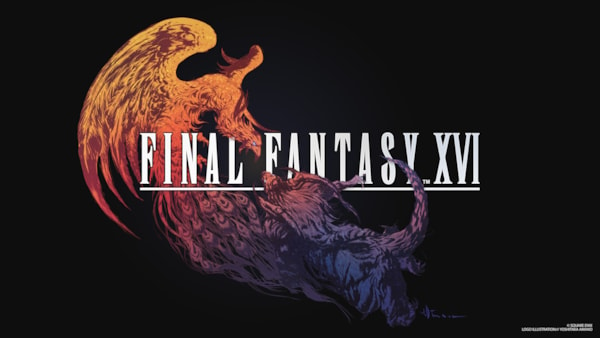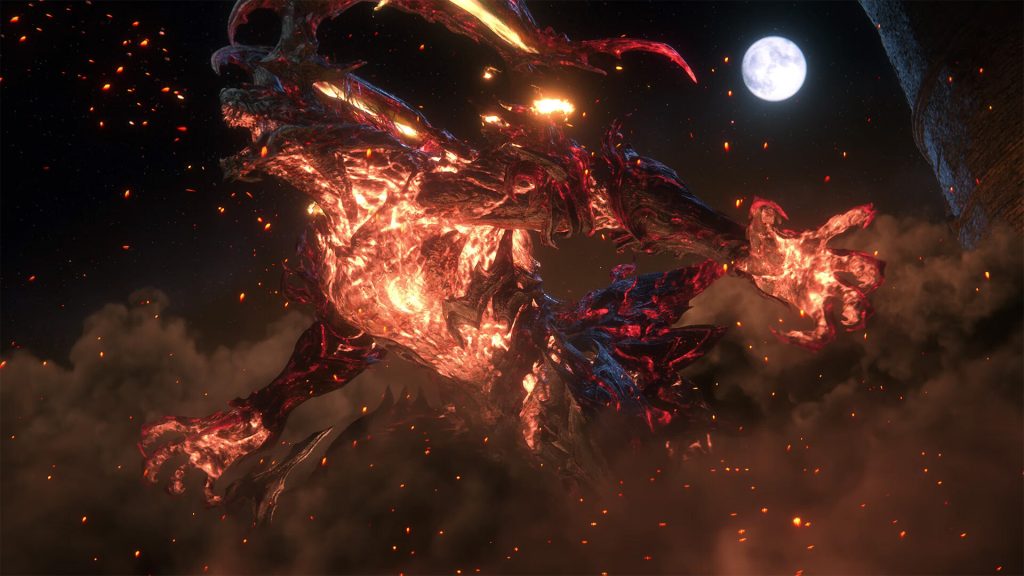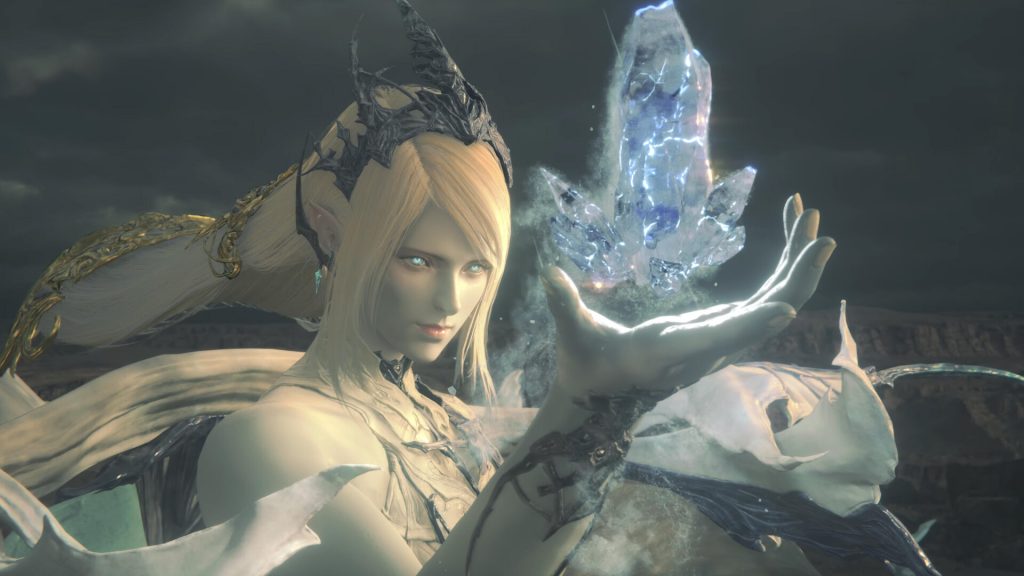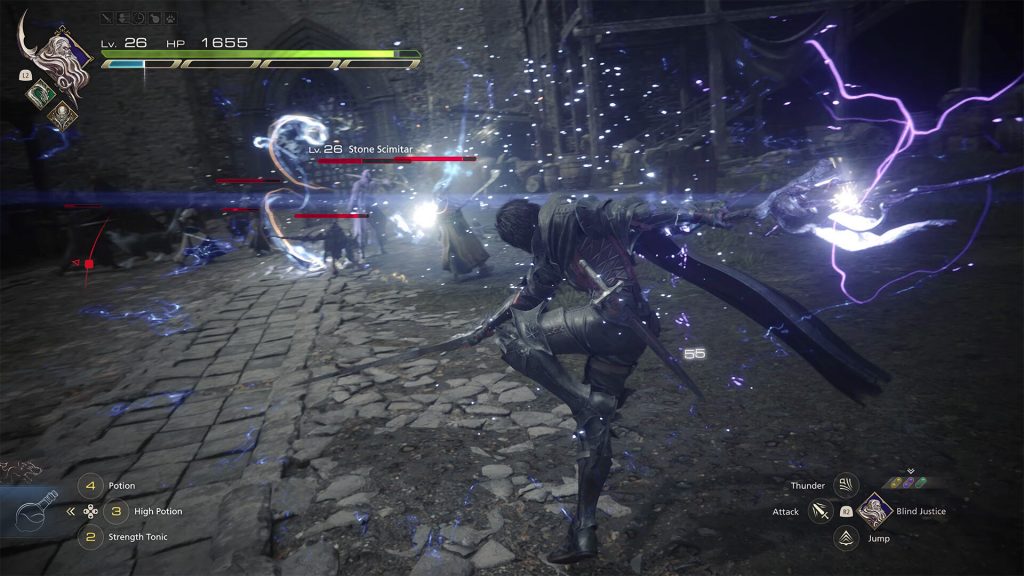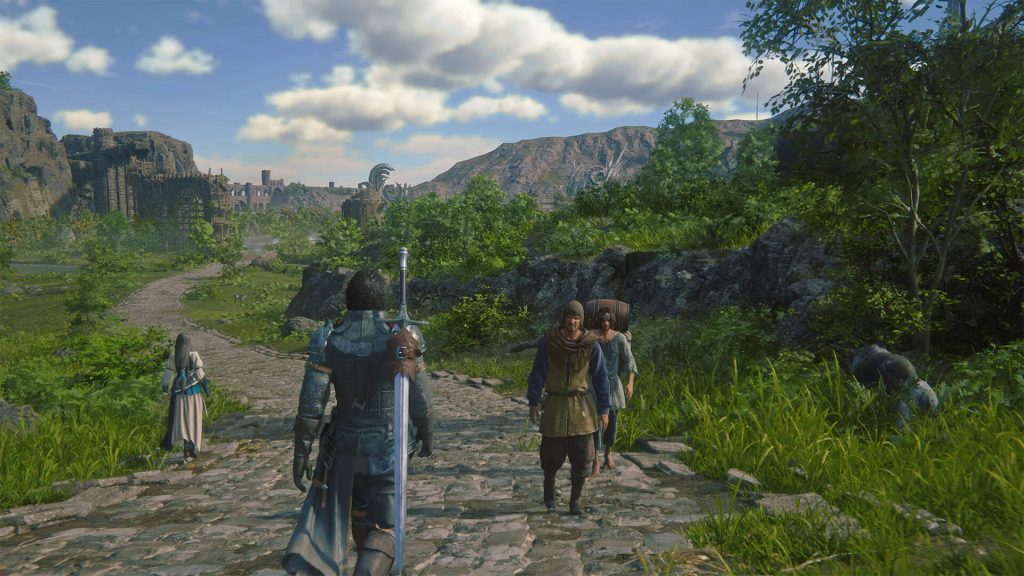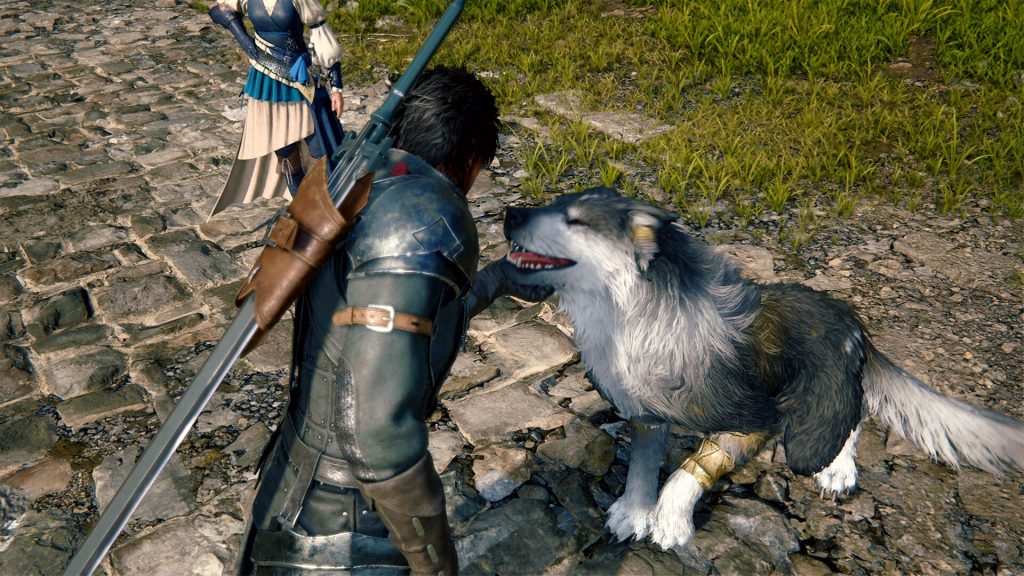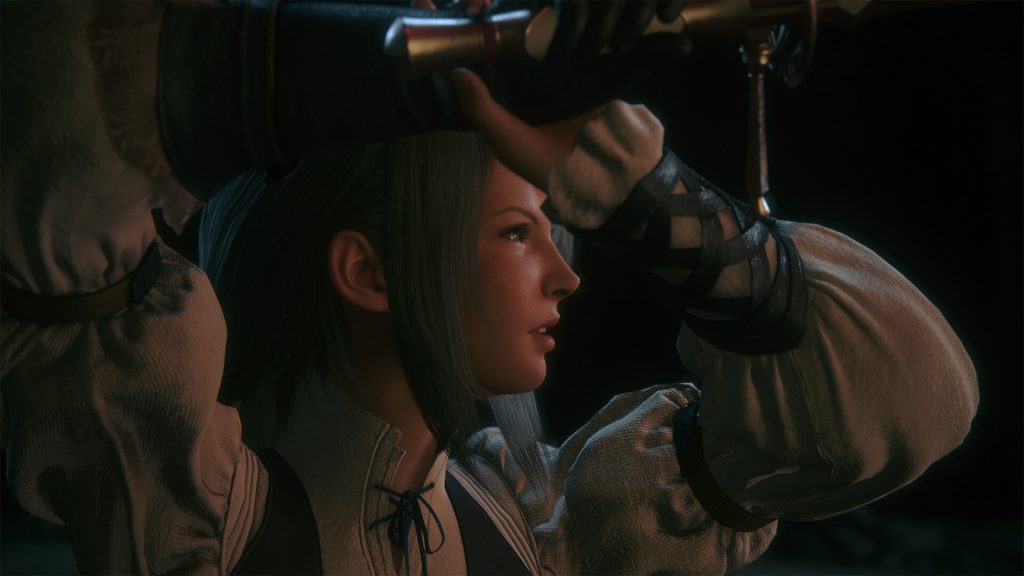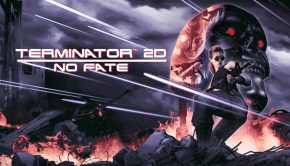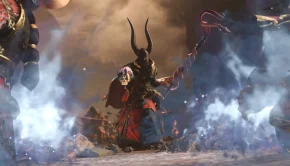Final Fantasy XVI PC Review
Summary: Final Fantasy XVI is a return to form for the long-running franchise. An excellent game that sadly has some performance quirks that need to be addressed to fully realise its potential.
4.4
Heavy!
A little over a year after its initial release on PlayStation 5, Square-Enix’s latest mainline entry into the long-running Final Fantasy series has landed on PC.
The 16th entry into the franchise follows Clive and his allies as he seeks revenge on forces that turn his world upside down and free his people from a lifetime of oppression.
Final Fantasy XVI marks a turning point for the perennial series. From 2006’s Final Fantasy XII, the games have steadily been shifting from a more traditional battle system found in JRPGs to a fully real-time combat system.
Square-Enix clung to their roots for a while, experimenting with hybrids of the two, none of which really worked all that well, however. Any pretence of being anything other than completely real-time has been dropped with XVI, with the game going full-action RPG, often playing more akin to something like Devil May Cry rather than Final Fantasy.
Combat takes place in the world along with everything else. There aren’t any random battles, or transitions into a combat state per se, aside from a change in the music that plays. It means that encounters can be entered at will, avoided if necessary, and escaped from by simply running away, should the tide of battle not be going Clive’s way.
On the surface, the new combat is simple. Three of the four face buttons perform universal actions, jump, attack, and magic. With the fourth being subjective, its function is dependent on which of the games Eikons is currently active. Eikons are Final Fantasy XVIs version of summons. Gigantic, hulking beasts, are synonymous with the series. Ifrit, Shiva, Titan, Garuda, and Ramuh, are all present and accounted for, along with several others made famous over the years.
These Eikons are central to the game’s combat, story, and character progression.
Without spoiling how Clive finds himself in possession of several of these monstrous deities. Each one has a series of abilities and their own miniature skill tree. Eikons can be changed on the fly in combat, giving access to their skills and techniques, each of which after use is on a short cooldown before it becomes available again. This system is where the depth of the combat lies, constantly changing between the available Eikons and using abilities as they become available, chaining together different ones to deal out massive damage over time.
Battles award ability points which can then be used to upgrade the powers of each Eikon. There isn’t a lot to upgrade, typically each only has four or five things to learn and master, with the latter maxing out the power of any given ability. This is perhaps the other major shift from the traditional formula laid out by previous games. For an action RPG, Final Fantasy XVI is very light on the RPG side of things.
Occasionally, we’re thrust into battles, controlling the Eikons directly. These often are more style over substance, being a protracted series of quick time events, or borderline rail-shooter sections. They’re incredibly impressive visually, but are usually disappointing from a gameplay standpoint.
There’s very little in the way of customisation or unique character development. Equipment is limited to a weapon, a few pieces of armour, and some accessories, levelling up increases stats, with no option to choose how they’re allocated, so players can’t spec into a specific playstyle. There’s nothing akin to VII’s Materia system or X’s Sphere Grid. Even item management is drastically cut down to the point of being almost non-existent.
Even the quests in the game have far less depth than in previous games. The main storyline is interesting and engaging, but all of the side content is very insubstantial for the most part, oftentimes not even having any real reward for completing it. Final Fantasy XVI is set in a vast, semi-open world, but there’s no real reason to explore any of it, straying from the critical path is rarely rewarding in any way other than the occasional pretty skybox or impressive vista.
There are some very pretty views, mind. XVI was an impressive-looking game on PS5 and it still is here on PC. It isn’t so pretty though as to justify the current level of performance, which leaves a lot to be desired. Anyone who played the original PS5 release in performance mode will have an idea of how heavy the game can be, and its transition to the PC platform hasn’t changed anything in that respect.
Initial performance was abysmal, with a framerate that seemed to be determined by a random number generator more than anything else. Thankfully, a patch has been deployed that has fixed a lot of the initial issues, but it’s far from perfect. Dropping graphics settings doesn’t seem to have any real impact on the game. Sure, it will look worse, but it doesn’t change how the game performs to any significant degree. A beefy PC and some form of frame generation or upscaling is almost a necessity to get a stable experience.
What’s most disappointing about all of this, is that while the game is undeniably great-looking, it doesn’t look any better than the PS5 release. Typically, a port to PC removes the limitations of consoles and, for those with the hardware, can push it up to the next level.
Final Fantasy’s tradition of having stellar audio, both in music and sound design thankfully continues with XVI. The soundtrack has some fantastic pieces that cover a surprisingly wide range of genres for a fantasy game. The boss music battle music is especially great. Many of the tracks pay homage to music from previous titles. The iconic theme used by the series for many years makes an appearance and almost all of it does an excellent job of conveying the mood of the scene.
Voice acting also stands out. The main cast all deliver their lines beautifully, with Ralph Ineson, the voice of Cid, being an outstanding example among them. The multitude of miscellaneous NPCs that fill the land are mostly all well voiced, too.
Final Thoughts?
Final Fantasy XVI is a return to form after two mainline entries in XIII and XV that didn’t necessarily hit quite right. The story is interesting and well-acted, even if it is a little bleak for the first 12 hours or so. Audio, in general, is a highlight and the combat is fun, finally embracing a fully real-time solution rather than a clunky hybrid.
As a game, Final Fantasy XVI is fantastic, one of the best releases in the series for years. As a PC port of that game, though, it’s a little lacking. If Square-Enix can optimise it some more to get a more stable experience on a wider range of hardware then it only gets easier to recommend. Whether or not they’ll be able to accomplish this though, remains to be seen.


